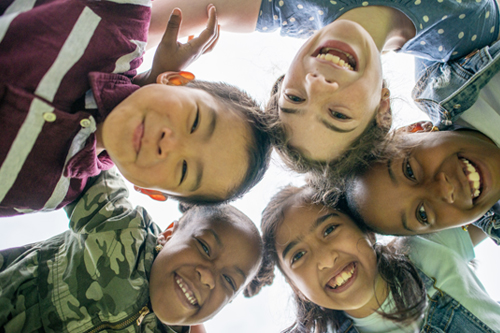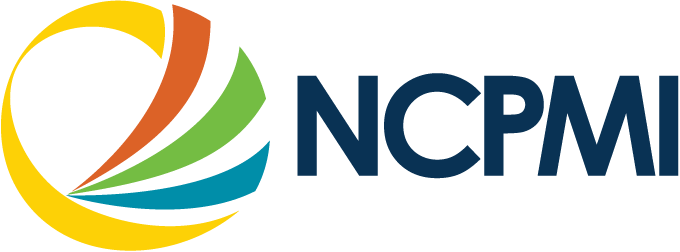Early Childhood Inclusion

Early Childhood Inclusion
Inclusion in early childhood programs refers to including children with disabilities in early childhood programs, together with their peers without disabilities; holding high expectations and intentionally promoting participation in all learning and social activities, facilitated by individualized accommodations; and using evidence-based services and supports to foster their development (cognitive, language, communication, physical, behavioral, and social-emotional), friendships with peers, and sense of belonging. This applies to all young children with disabilities, from those with the mildest disabilities, to those with the most significant disabilities.” (HHS/DOE policy statement)Inclusion of young children with disabilities from birth through age 5 in early learning settings is associated with positive social and early learning outcomes for all children when teachers plan and encourage frequent social interactions between children with disabilities and their peers. We will share resources to support preschool teachers in their efforts to provide, plan for, and promote meaningful social interactions between children in inclusive classroom. For more information, visit the inclusion page.


